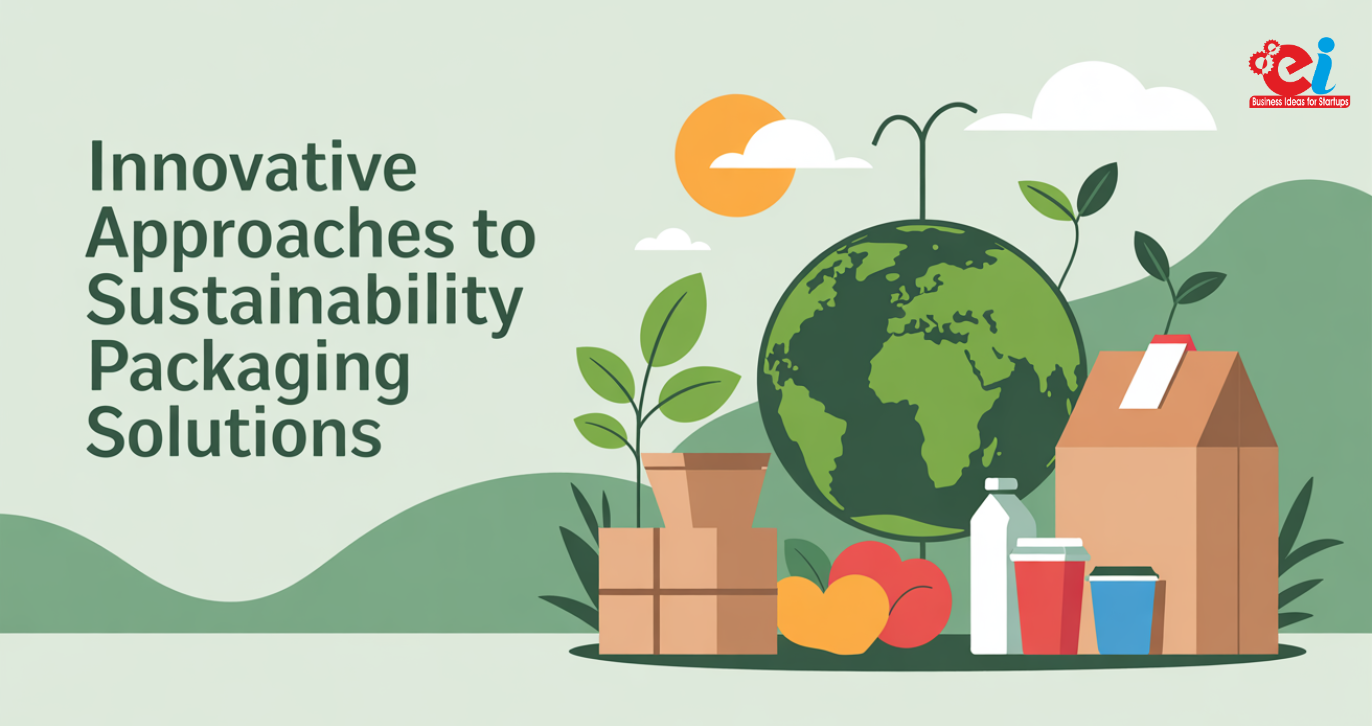With rising awareness among consumers regarding health, environment, and ethics, the demand for plant-based protein soars higher every passing year. Entrepreneurs and their companies now explore the business opportunities of plant-based proteins. For the successful establishment of a plant-based protein production facility, strategic planning with investments in efficient operations holds the key. Here are the important steps and considerations for developing an efficient plant.
Market Research and Business Plan
Before building a facility producing plant-based proteins, investigation through market research is very essential. The tastes and preferences of consumers, the trends in the industry, and competition will ensure that revenue-generating business plans are put in place. Some key considerations are
- Target Market—Identify a feeding pattern by knowing consumers for plant-based protein, such as those who avoid animal products (vegans, vegetarians), fitness enthusiasts, or health-conscious individuals.
- Competitive Analysis – understand the current brands or products already being marketed, know about pricing, and know what selling points each competitor has referred to in advertising for their products.
- Product Differentiation – determine what kind of plant-based protein products the business will carry-e.g., soy protein, pea protein, or hemp protein-as well as the unique value propositions that would differentiate the products.
- Regulatory Compliance—Find out about the local and international regulations regarding food safety and production.
- A business plan would typically contain cash flows, investments, operations strategy, and marketing strategy.
Choosing the Ideal Site
The role of the location within the production facility will define both efficiency and operating costs. Important criteria in site selection comprise the following:
- Location Near Raw Materials. A location near the sources of plant-based ingredients will save costs while transporting raw materials, e.g., soybeans, peas, or hemp.
- Infrastructure and Utilities: Ensure an adequate supply of good water, electricity, and facilities for waste disposal.
- Labor Availability-skilled workers for processing, quality control, and packaging.
- Logistics and Distribution: Readily accessible to major markets and transport networks.
Also read: Top 10 Most Profitable Business Ideas in Food Processing Industry with Rising Opportunities
Facility Setup up and Equipment Procurement
- A well-planned manufacturing facility—the most basic determinant for the overall plant’s efficient performance— is very vital for efficient operations. What investment do they comprise?
- Processing Equipment: The equipment consists of machines of the highest quality for extracting, drying, and packaging plant protein.
- Food Safety and Quality Assurance: hygiene regulation, testing laboratories, and quality assurances.
- Sustainability Measures: Match sustainability goals with energy efficiency systems, recycle water, and use eco-packaging.
Raw Material Sourcing and Supply Chain Management
Sourcing raw material is thus vital in increasing consistencies in production. Quality, non-GMO, and organic plant sources should become partners considered from farmers, cooperatives, and suppliers. Preemption agreements can be entered into to ensure future price and availability security. Thus, supply chain management should properly involve the following:
Ensure levels of inventory are accurately maintained to avoid shortages and overstocks.
Maintain a network that encourages strong links with trusted suppliers to ensure consistency in the quality and price of supply.
Source in an environmentally responsible way to attract eco-sensitive consumers.
Production Process and Quality Assurance
Plant protein production goes through extraction and purification, packing processes, and all other food safety regulations for optimum quality of the product.
- Extraction and Processing: The method of preference for extraction (wet or dry processing) determines the final protein content and texture of the product.
- Quality Testing: Regular microbiological and nutritional analysis ensures that the business complies with laws.
- Packaging and Storage: Eco-friendly, airtight packaging that keeps the product fresh for a long time and increases shelf life.
Regulatory Compliance and Certifications
Food safety laws and industry certifications are very important for market acceptance. These prime certifications include
- FDA or Equivalent Local Authority Approval: Proof of commitment to food safety standards.
- Non-GMO Certification: For consumers who would like to avoid the intake of genetically modified ingredients.
- Organic Certification: When using organic raw materials.
- Vegan and Kosher Certifications: For certain dietary preferences.
Branding and Marketing Strategies
The branding and marketing strategies should be strong enough to attract and correctly position their product away from other competitors. The major strategies include
- Brand Identity: A brand identity that comprises a logo, packaging, and labeling that speaks to the target audience.
- Digital Marketing: Creating an online footprint through social media, influencers, and SEO.
- Retail and Distribution Channels: Tie up with supermarkets, health food stores, and e-commerce sites.
- Customer Engagement: Give out nutritional education, recipes, and promotions to maintain consumer loyalty.
Cost Management and Financial Planning
Effective cost management is the front-runner of securing profits and the road to sustainability. Aspects critical to the financial situation are
- Initial Investment: Covers costs for land use, machinery, labor, and regulatory approvals.
- Operational Costs: Costs for raw materials, utilities, and salaries.
- Revenue Streams: Offering variety with products and B2B operation with food manufacturers.
- Funding and Investment: Search for investors, apply for government grants, or take bank loans for growth.
Also Read our blogs: Profitable Plastic Waste Recycling Plant Business Opportunity
Sustainability and Future Growth
The main selling point of trends in plant-based business is sustainability. So much would become an asset in terms of reputation vis-a-vis consumers who consciously target eco-friendly products. Some of these are –
- Reduction of carbon footprint—use of renewable energy to harness and sustainable farming practices
- Waste Management—introduction of recycling and upcycling initiatives
- Research and Development—innovative formulation of plant-based protein to suit ever-changing consumer trends.
Closing Thoughts
A profit-making plant-based protein production facility relies on a balance among planning, investment, and operational efficiency for success. If quality, sustainability, and astute marketing are prioritized, then any business entity will be able to leverage this growing demand for plant-based protein. With the right perspective and approach, such companies may grow into profitable operations with viable prospects for the better health and sustainability of the food system.
















